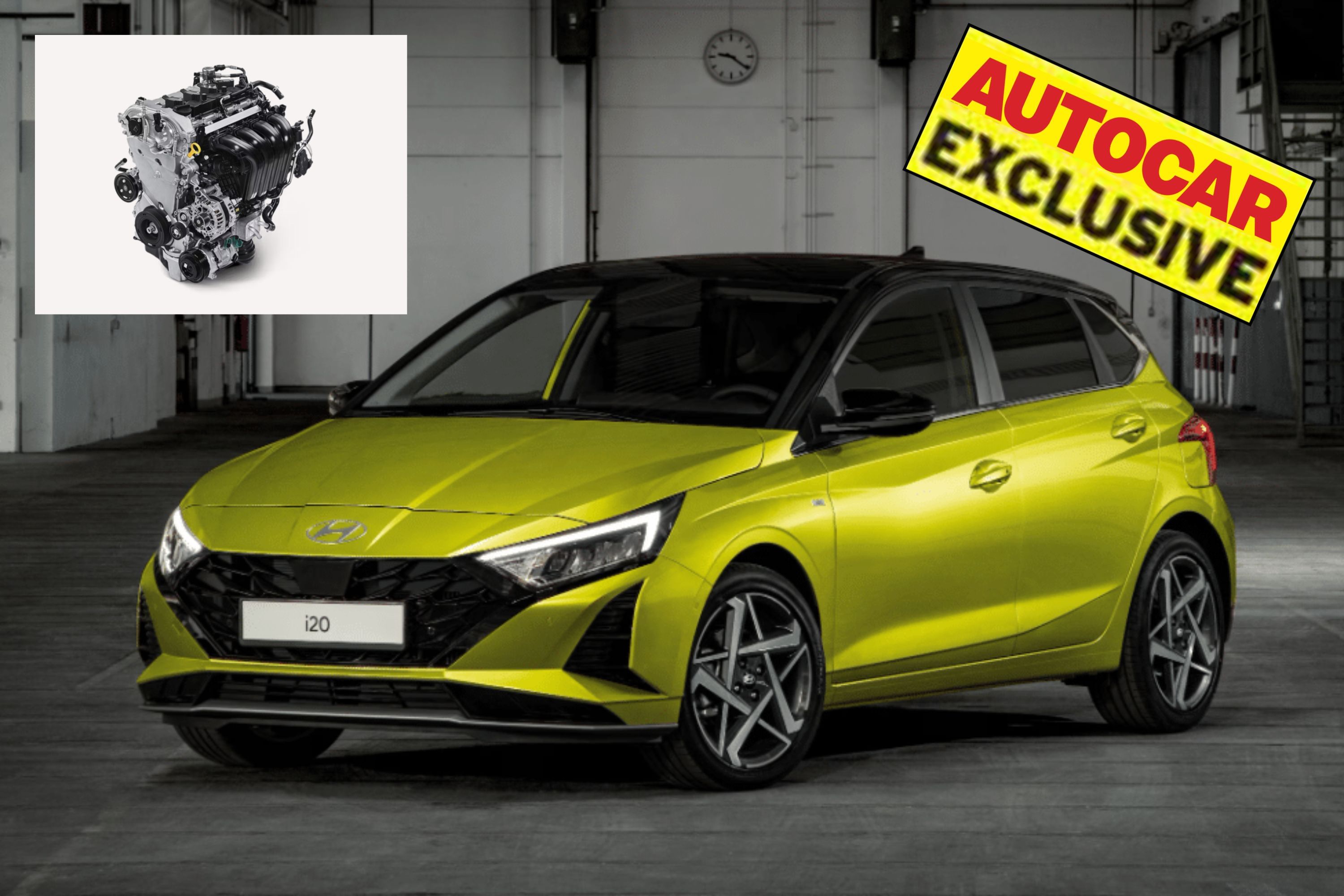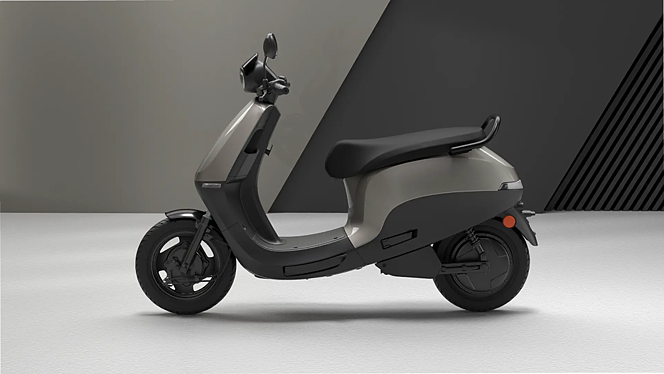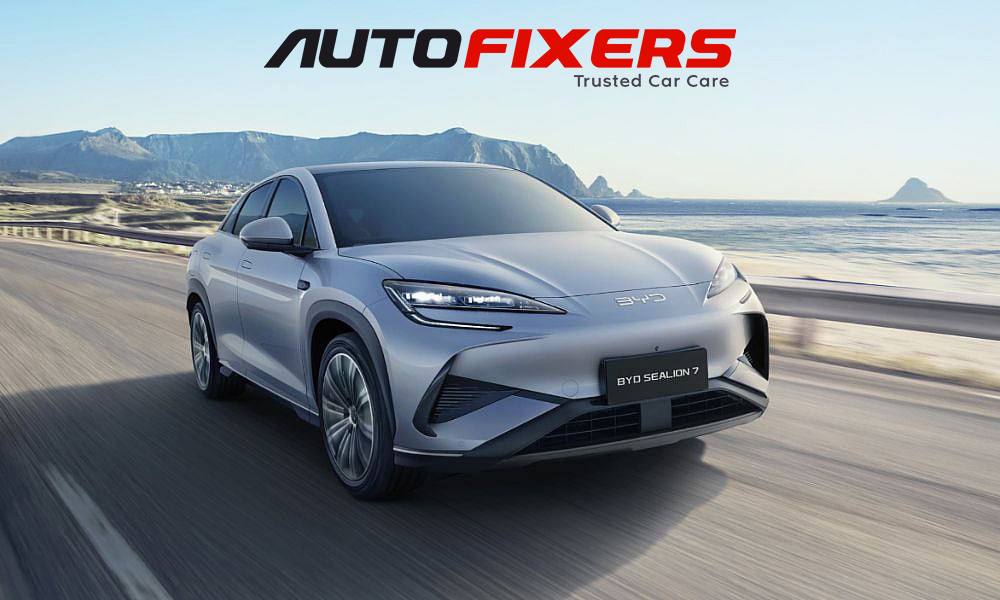
Hyundai Motor India is in the process of creating a brand-new 1.2-litre turbocharged gasoline direct injection (TGDi) engine. This innovative four-cylinder powertrain will be essential for energizing Hyundai’s upcoming hybrid and compact crossover vehicles. Designed with a focus on high fuel efficiency and compatibility with electrified systems, this engine reflects the company’s strategic shift towards offering multiple powertrain options within the mainstream automotive market.
- New Hyundai 1.2-litre 4-cylinder turbo-petrol engine to be incorporated in hybrid powertrains
- Expected usage in next-generation models such as Creta and Venue
- Possibility of pairing with either a dual-clutch automatic or e-CVT gearbox
Details of the New Hyundai 1.2-Litre Turbo-Petrol Engine
Key Features for Future Hybrid Powertrains
Reports suggest that the new 1.2-litre Kappa engine is scheduled to make its debut in a new-generation crossover, referred to internally as BC4i and globally recognized as the Bayon, set for release in the latter half of 2026. This engine will later be adapted for strong hybrid variants. The 1.2-litre TGDi engine may become a cornerstone of Hyundai’s hybrid offerings in India, aiming to meet the needs of budget-conscious consumers who seek a balance of performance, fuel efficiency, and affordability.
Currently, Hyundai’s offerings in India include a 1.0-litre and a 1.5-litre turbo-petrol engine. The new 1.2-litre variant aims to fill the performance gap between these two, providing greater torque and drivability than the 1.0 turbo, while also being smaller and more fuel-efficient compared to the 1.5-litre option. Notably, it is specifically designed for compatibility with strong hybrid systems, emphasizing seamless integration with battery-assisted drivetrains.
Competition with Maruti’s Z12E Engine
Industry analysts believe that Hyundai’s investment in this mid-capacity turbo-petrol engine results from strategic benchmarking against competitors. Maruti Suzuki, Hyundai’s major rival, is rolling out a 1.2-litre three-cylinder engine as its primary power source for the upcoming decade.
Hyundai Motor Group appears to be following a similar roadmap, aiming for widespread implementation of the 1.2-litre TGDi engine across multiple models under both the Hyundai and Kia brands. This engine is expected to power future updates of the Venue, i20, and the Bayon, as well as select models within the price range of Rs 15 lakh to Rs 20 lakh.
Future Hyundai Hybrid Models in India
Potential for Turbo-Petrol in Next-Gen Creta Hybrid
Hyundai has confirmed plans to introduce hybrid vehicles in India, although specific timelines remain undisclosed. Sources indicate that the new-generation Creta, codenamed SX3, along with the full-size SUV Palisade, codenamed Ni1i, are set to receive hybrid variants. The Creta is expected to feature the 1.2-litre engine, while the Palisade might come with a more powerful engine to accommodate its size and weight.
Transmission Options: DCT or e-CVT
Reports also suggest that the 1.2 TGDi engine may be produced in India, with a strong emphasis on local manufacturing to enhance price competitiveness. It is projected to be paired with either a dual-clutch automatic transmission (DCT) or an e-CVT, depending on its application. This engine will comply with the upcoming CAFE 3 and BS7 emission and efficiency standards.
With the government remaining firm on GST rates for hybrid vehicles and with no immediate tax parity with electric vehicles in the future, Hyundai’s hybrid strategy will significantly rely on cost management and local manufacturing. The 1.2 TGDi engine is positioned to play a vital role in these efforts.
In summary, the development of the 1.2L TGDi engine is a crucial component of Hyundai’s forthcoming product and powertrain strategy, clearly indicating the company’s intent to directly challenge Maruti-Toyota’s hybrid market dominance in the near future.





